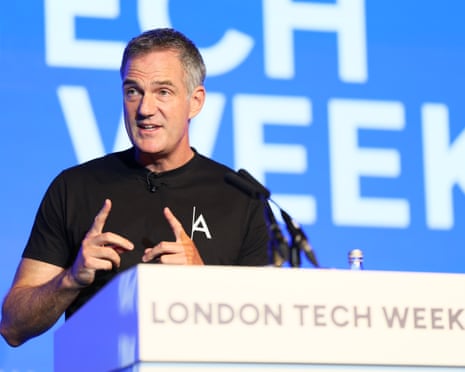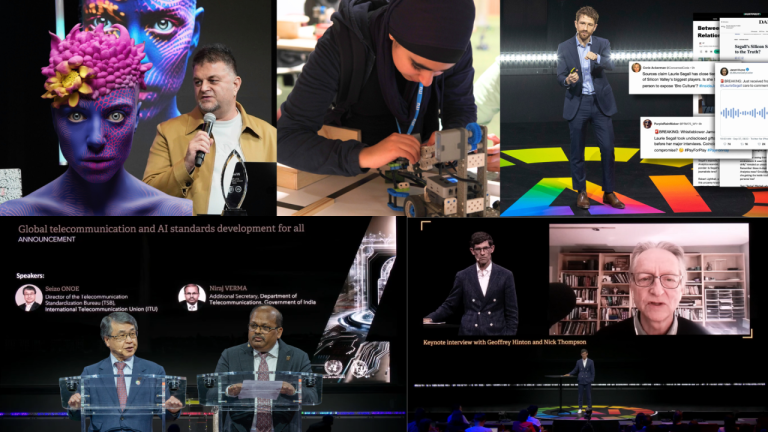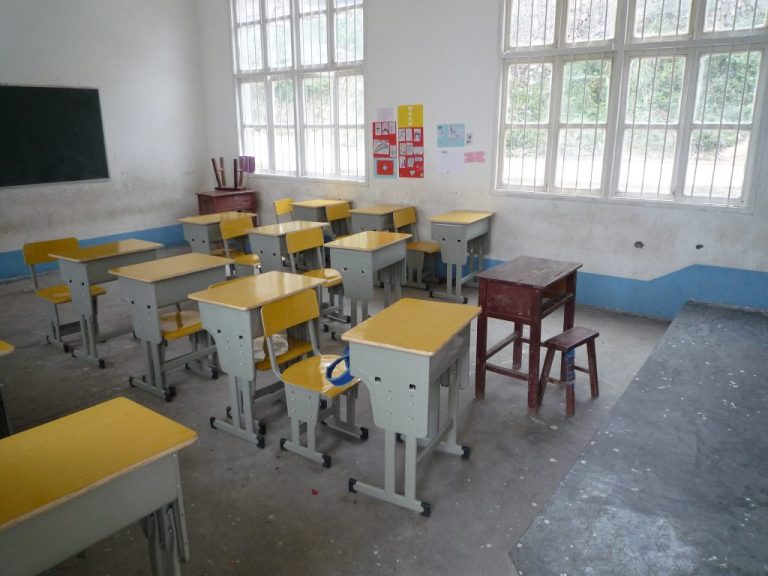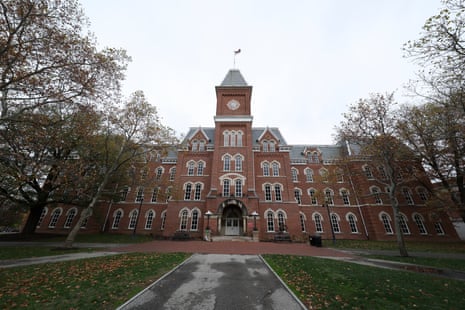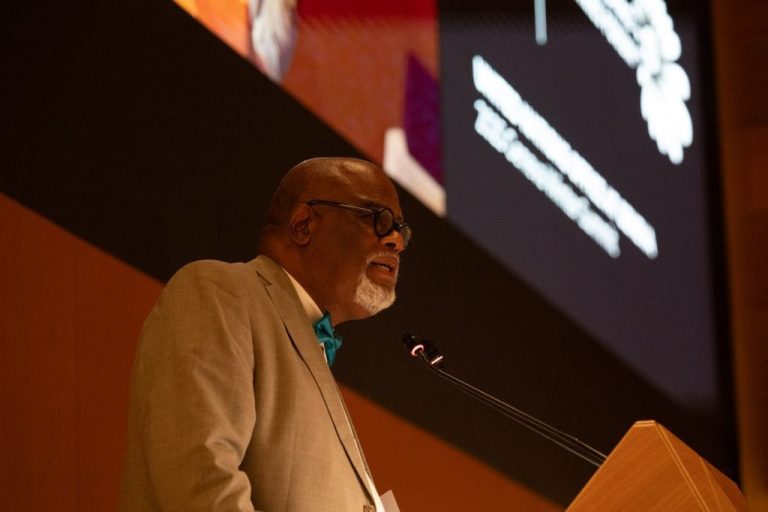Empowering Dyslexic Children: How AI Innovations Can Transform Learning Opportunities, According to UK Tech Secretary
According to Peter Kyle, the UK science and technology secretary, artificial intelligence should be utilized to enhance opportunities for children with dyslexia. He emphasized the current inadequacy of human resources available to support individuals facing this learning difficulty. As someone who is dyslexic himself and leverages AI in his work, Kyle urged the government to thoroughly explore “how AI can transform education and assist in assessing and understanding students’ abilities for the future.”
During his remarks, he noted that Jamie Oliver, a dyslexic TV chef, had just launched a campaign advocating for improved teacher training on dyslexia and earlier screenings for children to facilitate quicker detection of the condition. It’s estimated that around 6 million individuals in the UK have dyslexia, which mainly impacts reading and writing capabilities.
Kyle expressed emotional resonance when witnessing AI technologies aiding young learners with “incredible empathy, encouragement, and knowledge.” He stated, “I have already seen how GPTs and other AI services have supported me. AI learns who you are, how you ask questions, and your thought processes. It adapts to your unique learning style. There’s no doubt that with thoughtful and safe deployment, AI could lead to significant advancements not just in education, but in young people’s lives overall.”
He pointed out that the pressing issue is the lack of sufficient human resources to provide the tailored support that dyslexic individuals require. However, he refrained from suggesting that AI should be permitted to assist dyslexic students during exams, noting their significantly lower performance in key GCSEs. Last year, only 22% of children with specific learning disabilities achieved a grade 5 or higher in English and maths, compared to 52% of those without special educational needs.
“We are currently revising the curriculum, and we must scrutinize how AI can transform education and enhance our understanding of a student’s capabilities in the future,” he explained. “That being said, I believe our existing examination system is quite robust and effective in evaluating a student’s potential.”
Kay Carter, the chief executive of the Dyslexia Association, mentioned that AI is already making strides in leveling the playing field for dyslexic students. If AI can handle tasks such as fact memorization and quick information recall, “the focus of education may shift towards problem-solving and critical thinking—areas where many dyslexic individuals genuinely excel,” she noted. However, she warned against viewing AI as a substitute for effective teaching; rather, it should be seen as a tool that grants dyslexic students improved access to their own learning.
Kyle also addressed the ongoing dispute between the government and certain sectors of the creative industries regarding the use of copyrighted content for AI model training during London Tech Week. Recently, Elton John criticized him for the government’s resistance to a campaign for enhanced protections for creatives in a new data bill. “I’m always open to discussions with Elton John and others,” Kyle remarked, highlighting past interactions with various creative individuals.
He articulated that the current data bill, which is navigating through parliament, is “totally not suitable” for regulating AI’s use of copyrighted materials. The Guardian reported last week that the government plans to introduce a comprehensive AI bill in the next parliamentary session to address safety and copyright concerns. “As soon as the data bill is passed, I will establish working groups to swiftly work on the legislation,” he stated.

